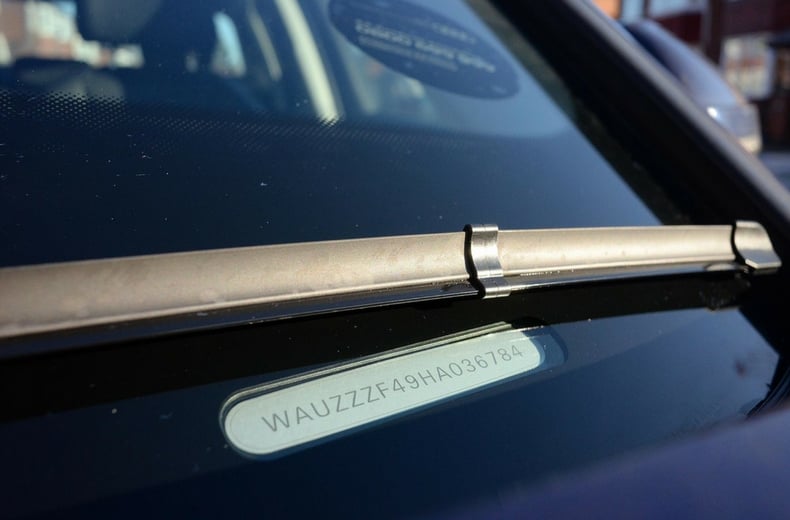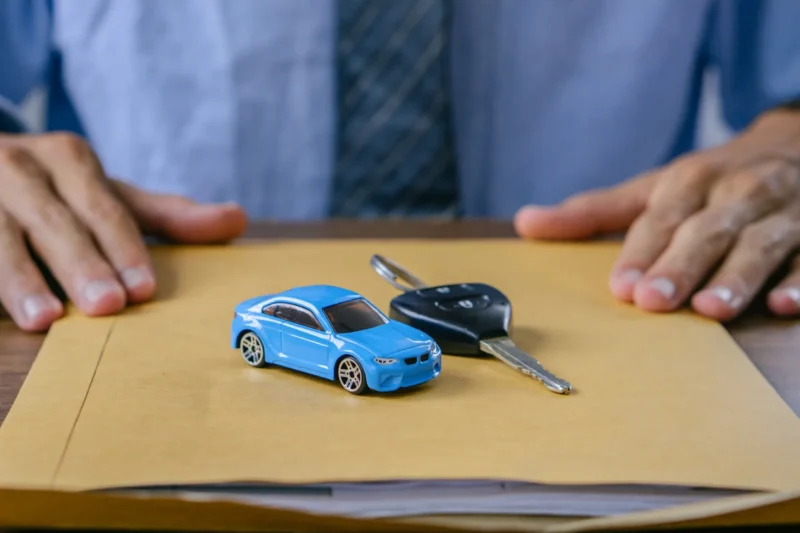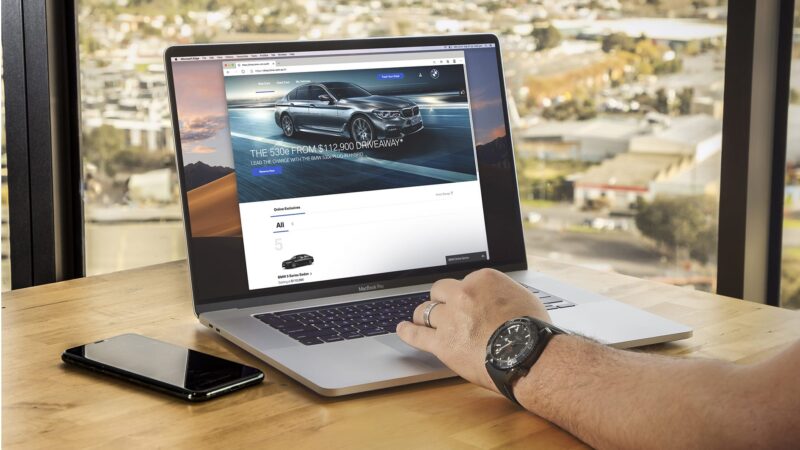Discovering a car’s history is like solving a big puzzle that spans many years, sometimes even decades. Whether you’re thinking of buying, a fan of vintage cars, or just curious, knowing a car’s backstory is important.
In this blog post, we dive deep into car history sleuthing, providing a step-by-step guide to uncover the secrets of a car’s journey. With careful research and an easy-to-follow story, we set off on an adventure to reveal the true story of a car.
Starting with the VIN

At the core of car history research is the Vehicle Identification Number (VIN), a unique identifier that’s like the car’s genetic code. This mix of letters and numbers tells you the make of the car, the year it was made, and where it was put together.
By figuring out what the VIN means, you open the door to learning about the car’s identity. There are online tools and services that can explain what the VIN means, giving you details about the car’s features and its past.
This first step is crucial, as it lays the groundwork for your investigation, making sure every piece of information you find later matches up with the right car.
Looking at Maintenance Records
Maintenance records tell the story of a car’s health and care over time. These documents show regular services, big fixes, and when parts were changed, giving you a peek into how the car was used.
By looking at these records, you can judge how reliable the car might be, guess at potential problems, and see how well it was looked after. This part of the research not only helps you understand the car’s condition but also shows how much the previous owners cared for it, which can affect how long and well the car runs.
If you’re having issues with treating these files, enlist help from outlets such as FullCarCheck.
Digging into Previous Ownership

Exploring who owned the car before is like tracing its family tree. This search can tell you how many people had the car before, how long they had it, and where they lived.
Knowing who owned the car gives clues about its life story, like if it was in places that might cause rust or had problems common in certain areas. Learning about the car’s past uses, whether it was a personal car, a rental, or used for business, also gives hints about its condition and worth.
Checking Title and Registration Documents
Title and registration papers are the car’s official papers, showing its legal status and who has owned it. These papers can tell you if there are any loans or debts linked to the car that could affect buying it.
By looking at the title, you can also see if the car was ever called “salvage” or “rebuilt,” which means it had major damage or repairs in the past. Understanding these documents is key to knowing the car’s legal and financial situation, which is very important when you’re thinking about buying a car.
Looking at Accident and Damage Reports
Reports of accidents and damage are critical for finding out about any major events in a car’s life. These records give details about crashes, environmental damage, and other problems, showing how serious these events were and the quality of any repairs done.
Establishing a comprehensive history is key not only for assessing the car’s value and safety but also for individuals seeking to prove a personal injury claim resulting from a significant accident involving the vehicle. This research is key because a history of big accidents can change how much the car is worth, how safe it is, and how much people want it.
Using Online Vehicle History Services

Online vehicle history services bring together information from different sources into one report. They can give detailed information about the car’s history, like its title status, accident history, maintenance records, and more.
Using these services makes research easier, but it’s important to check the details and confirm them with other research to make sure they’re right and complete.
Talking to Previous Owners or Dealers
Talking directly to people who owned the car before or dealers give a personal touch to the car’s history. These conversations can reveal stories and details that official records can’t, like how the car was maintained, any changes made to it, and how it performed over time.
Talking to people who have firsthand experience with the car gives a deeper understanding, adding to the facts you’ve gathered from other sources. This approach needs to be done carefully and respectfully, but it can really add to the car’s story.
Researching Recalls and Service Bulletins
Recalls and service bulletins are important for understanding technical issues with the car. Recalls are for safety problems that need to be fixed, and service bulletins tell owners and mechanics about known problems and how to fix them.
Looking into these notices can show if the car had any big issues and if it got the needed updates or repairs. This research makes sure you know about any safety problems and can check if the car was updated as recommended by the maker.
Tracing Mileage and Service History

The car’s mileage and service records are key to understanding how much it was used and cared for. By following these records, you can check if the mileage is accurate and matches its service history.
If things don’t add up, it might mean the odometer was messed with or the car wasn’t taken care of, which are red flags about its condition and history. A clear service history that matches the car’s mileage supports claims of good maintenance and care, making you more confident in its value and reliability.
Looking at Inspection and Appraisal Reports
Inspection and appraisal reports give an expert’s view of the car’s condition, including mechanical, exterior, and interior parts. These reports can provide an unbiased look at the car’s current state, pointing out problems that might not be obvious.
Reviewing these reports helps you understand the car’s quality and value, which is helpful for negotiating and making decisions. This is especially useful for older or classic cars, where the condition and originality are very important for how much they’re worth.
Talking to Vehicle History Experts
For deeper insights or complicated histories, talking to vehicle history experts can be a big help. These experts have the knowledge and tools to look into hard-to-find details, check records, and make sense of the information.
Whether you’re dealing with rare models, disputed histories, or just want to be sure, these experts can give you peace of mind. Their help can be crucial for big purchases, making sure your investment is well-informed and secure.
Making Sure Everything is Legal and Open

When looking into a car’s history, it’s very important to do things legally and openly. This means following privacy laws, getting information the right way, and being honest about what you’re doing.
Doing research ethically not only keeps you on the right side of the law but also builds trust in any deal. Being open about what you find, whether you’re buying or selling, helps make the car market fair and straightforward.
Conclusion
Finding out about a car’s past takes hard work, curiosity, and respect for the stories cars have to tell. By carefully looking into each part of the car’s history, you arm yourself with knowledge, protect your interests, and learn to appreciate the journey of the cars we drive.
This guide is here to help those trying to navigate the complex world of car history, shining a light on the path to making informed and passionate choices about the cars that move us.











